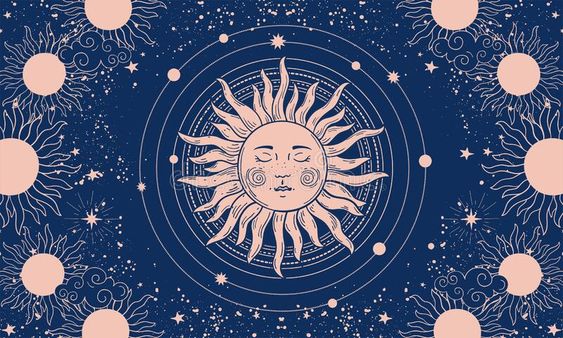
Astrology
Astrology is an ancient practice that seeks to understand human behavior and destiny through the positions and movements of celestial bodies. Rooted in traditions that date back thousands of years, astrology has been used by many cultures, including the Egyptians, Greeks, Chinese, and Indians, to gain insights into individual personality traits, life events, and potential futures.
At its core, astrology relies on the concept of a birth chart, also known as a natal chart, which maps the positions of the Sun, Moon, planets, and other celestial bodies at the moment of an individual’s birth. Each of these planets is believed to govern different aspects of life. For instance, the Sun represents one’s core personality and vitality, while the Moon reflects emotions and subconscious feelings. The planets, like Mercury, Venus, and Mars, are also associated with communication, love, and energy, respectively.
Zodiac signs are another key component of astrology. These 12 signs—Aries, Taurus, Gemini, Cancer, Leo, Virgo, Libra, Scorpio, Sagittarius, Capricorn, Aquarius, and Pisces—are aligned with specific dates of the year and are associated with distinct characteristics. People born under each sign are said to exhibit traits that reflect their sign’s qualities, such as the determination of Taurus or the curiosity of Gemini.
Although astrology is considered a pseudoscience by many, it remains popular worldwide. Many people turn to horoscopes for guidance in their daily lives or to seek answers during challenging times. While it may not offer definitive predictions, astrology provides a symbolic framework for self-reflection and understanding the complex interplay between cosmic events and human experiences. Whether believed to be scientifically valid or not, astrology continues to capture the imagination and influence human thought and behavior.
